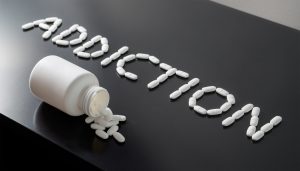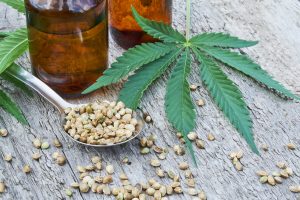
What is the definition of addiction?
Addiction is described as the inability to cease using a substance or engaging in destructive behaviour to one’s mental and physical health
The term “addiction” is used to describe a The phrase “reliable source” does not merely relate to heroin or cocaine addiction. The inability to stop doing things like gambling, eating or working are all examples of habits.
Addiction is a chronic illness that can develop due to the use of medications. Opioid abuse, particularly illicitly made fentanyl, was responsible for approximately 50,000 deaths in the United States alone in 2019.
“A curable, chronic medical condition involving intricate connections among brain circuits, heredity, the environment, and an individual’s life experiences,” according to the American Society of Addiction Medicine. Addicts utilise substances or engage in compulsive behaviours, which they often continue despite negative consequences.”
Many, but not all, people begin using drugs or engaging in activities voluntarily. On the other hand, addiction can take over and make it difficult to maintain self-control.
Misuse vs addiction
“drug addiction” and “drug misuse” are not interchangeable.
Misuse
Trusted Source refers to the usage of a substance in big dosages or in inappropriate settings, which can cause health and social problems.
Not everyone who abuses a substance, however, is addicted. According to Trusted Source, addiction is “The fact or condition of being addicted to a certain substance, thing, or activity,” according to Trusted Source.
A person who consumes a large amount of alcohol on a night out, for example, may experience both the euphoric and detrimental effects of the substance.
However, the person does not have an addiction until they have a “chronic, relapsing condition defined by obsessive drug-seeking, continuing use despite adverse consequences, and long-term brain alterations.”
There are two types of addiction: substance addiction and non-substance addiction. Non-substance addiction can take many …


